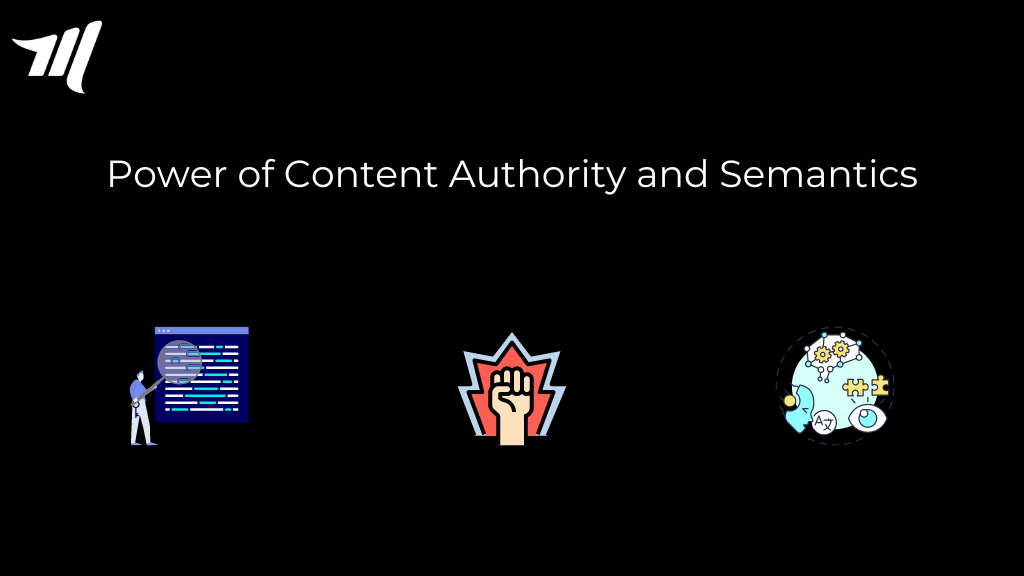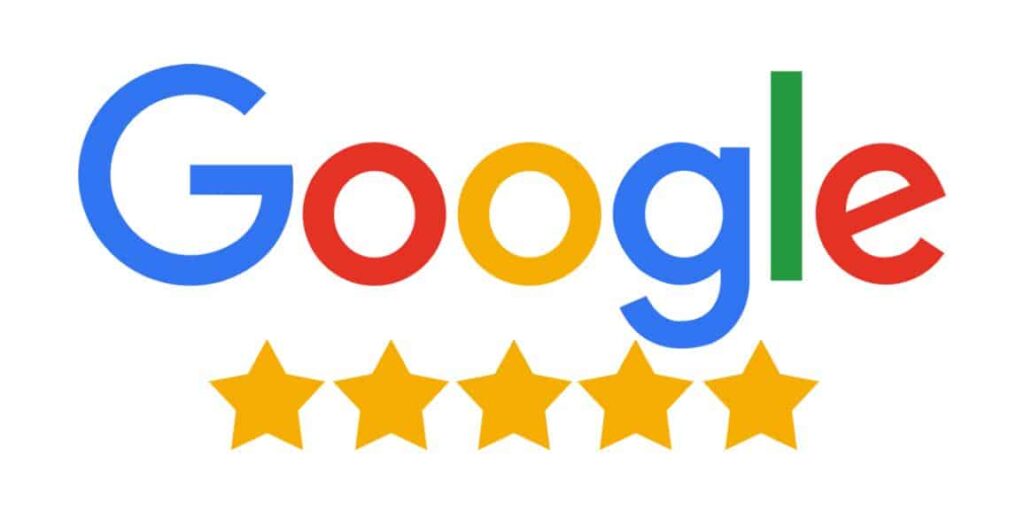It is surprising how many search marketing fundamentals have been true for such a long time in an industry that is changing as quickly as digital marketing. To appear on Google’s main page, SEO experts have been carefully selecting keywords and optimizing content for more than ten years. But things are about to change significantly.
The Search Generative Experience (SGE), which Google launched last year, is the largest revolution to hit the search marketing scene. SGE, which appears to be a competitor to OpenAI’s ChatGPT, uses artificial intelligence to produce faster and more conversational browsing experiences.
SGE, like ChatGPT, generates text, graphics, and material using prompts while curating AI-generated information from various web sources. Users will no longer have to navigate from link to link to acquire an answer. To keep the conversation going, SGE will also allow for further inquiry via follow-up questions. These changes have the potential to significantly improve the user experience. However, for marketers, the future of SGE is less certain.
Marketers who have spent years attempting to ‘win’ the organic search engine exposure game may be understandably disappointed by the current disruption. Furthermore, a recent study found that 94 percent of Google SGE connections differ from organic search results. Marketers must once again adapt and reinvent their search marketing tactics to match a new set of parameters, with the factors altering frequently.
Become an Authority
Marketers must accept that organic clicks will be more difficult to get than ever before as a result of Google’s search results modifications. Organic traffic will no longer be a matter of ensuring your website has the right keywords and content, but rather a longer game that covers the entire web.
In 2024, a brand’s online exposure is highly dependent on its footprint across many platforms and publishers, particularly those known for producing high-quality content. Brands can position themselves as experts in specific areas by providing guides and thought leadership that are relevant to current events.
SGE lays a strong emphasis on providing useful responses that are supported by credible sources. As a result, brand content should match the E-E-A-T SEO criterion, which stands for experience, expertise, authoritativeness, and trustability.
Brands that explore issues thoroughly and create a variety of content pieces are more likely to appear as actual experts on a subject. As a result, Google will most likely refer to them more than once in the same SGE answer.
Marketers can employ subject clusters and comprehensive guidelines to show their authority, which can deepen keyword research and direct search users to a brand’s channels. Marketers may customize these authoritative perspectives to content that addresses consumers’ various search intents and stages of the buyer’s journey.
Getting mentioned on the internet, whether through public relations or social media initiatives, does not guarantee traffic, but it will increase brand visibility. Marketers may always increase their footprint by creating new content with generative AI, but they should never rely primarily on it.
Another big shift in Google search will be a decrease in dependence on broad terms. These phrases, such as auto traders or cat food, have previously helped drive more visitors to a brand’s page, but they are insufficient to meet SGE’s requirements.
Instead, marketers should focus on optimizing long-tail keywords, which are lengthier, contain more exact phrases, and refer to a more particular query.
Long-tail keywords are less competitive than wide keywords, thus they should be easier to rank. Furthermore, because they are more focused, they drive more qualified traffic to a brand’s website. Because AI-based solutions are contextual, longer keyword phrases have a better chance of matching user intent.
Changing Semantics
SGE differentiates out from Google’s typical search because it concentrates on multimedia information.
Instead of focusing solely on written articles, marketers are advised to vary their online content by including photography, videos, and infographics, all of which assist a business appearing in an SGE search.
A diverse content selection shows a company serves a larger population, making it more likely to rank well in a search result. Indeed, certain queries have a higher YouTube search volume than Google, prompting marketers to create additional video content for these popular search terms.
In addition to video, voice has profoundly altered the semantics of search marketing, and this trend will only grow with the usage of generative AI. AI chatbot searches, like voice-based searches such as Amazon Alexa and Google Voice, are significantly more casual and conversational. These queries are reminiscent of the early days of search when new internet users would put full questions into AskJeeves and AOL.
However, while marketers focus on huge adjustments and strategic pivots, there are often many basic measures that prevent their brand from achieving search success.
Simply updating a website regularly can significantly improve search results. Websites with a clean and modern style are significantly more visible than those with outdated designs. Marketers should also keep all information up to date while staying current with trends and search behaviors.
Last but not least, the significance of conversion rate optimization (CRO) and user experience (UX). There is nothing more unpleasant for an internet user now than terrible UX, and there is simply no excuse for it in 2024.
Investment in CRO and UX guarantees that even if a brand receives less traffic, it is optimized to achieve the maximum conversion rate possible. Good CRO and UX may compensate for any traffic loss. Poor user experience, on the other hand, can ruin a brand’s reputation, reduce conversions, and have a negative long-term impact.
Google SGE will serve as a wake-up call for those search marketers who have become complacent in recent years. They will no longer be able to merely imprint keywords and hope for the best, but must instead focus on high-value, expert-driven multimedia content that correlates with valuable human experience and keeps them relevant to a new generation.





